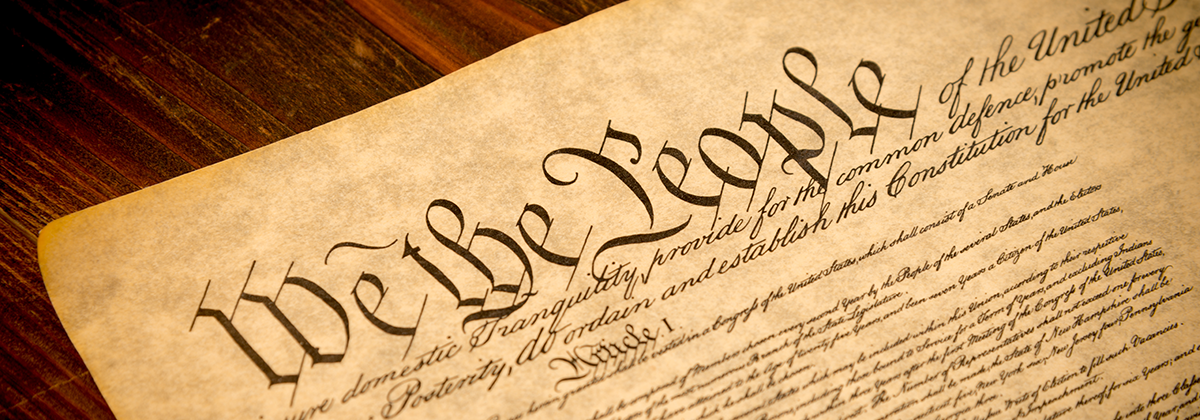How did our Founders arrive at the concept of three branches of government, and why does it matter?
The Concept of Three Branches of Government Goes Way Back
Have you ever heard of Polybius, the ancient Greek historian? Me neither, until today. He found the three popular forms of governance in his day to have elements of genius in each of them. So, he applied himself to thinking about how to take the admirable aspects of each system and make them work for the people in a constitutional government. (Common sense at work!)
Accordingly, from Polybius to Montesquieu to the Founders (with a push from John Adams) to our U.S. Constitution, we have the 16th Principle of Government according to W. Cleon Skousen:
“The Government should be separated into three branches-legislative, executive, and judicial.”
Welcome back to CSCC as we return to study Cleon Skousen’s principles of liberty. (Skousen, W. Cleon. The Five Thousand Year Leap: 28 Ideas That Changed the World. National Center for Constitutional Studies, 1981).
Skousen tells us that Polybius admired:
the strength of a monarchy to administer government
the wealth of the aristocracy to develop resources
the participation of the people in a democracy
Do you see what I’m seeing here? Concurrently, there is the Executive branch to administer the government, the Senate to be a deliberative body, and the House to represent the people’s interests. Montesquieu comes along and sees the necessity for the separation of powers. He proposed the executive and legislative (combining the upper and lower houses) and added a judicial department.
Our System of Governance Developed Over Time
Indeed, we must acknowledge how our system of governance developed over time debate and “trial and error”- before we arrived at the Constitutional Republic our Founders gave us. It was no easy task and not lightly or unquestioningly developed. Yes, there were objections and fears along the way. Yes, heated discussions occurred. I believe we are the benefactors of years of wisdom to live under the Constitutional Republic given to us. Attempts to rearrange or amend our government to incorporate other failed systems are a setup for failure.
Skousen quotes John Adams on the closing page of the 16th Principle of Government by noting his (Adams’) goal, “to see rising in America an empire of liberty, and the prospect of two or three hundred millions of freeman, without one noble or one king among them.” So, Adams had a long view. We are one of the three hundred million he was talking about. The question is, can we do our part to remain a free people with the longest-surviving Constitution in the world?
Understand the importance of the Three Branches of Government!
This is Common Sense Civics and Citizenship.🇺🇸
Join the conversation! https://www.facebook.com/commonsensecivics

